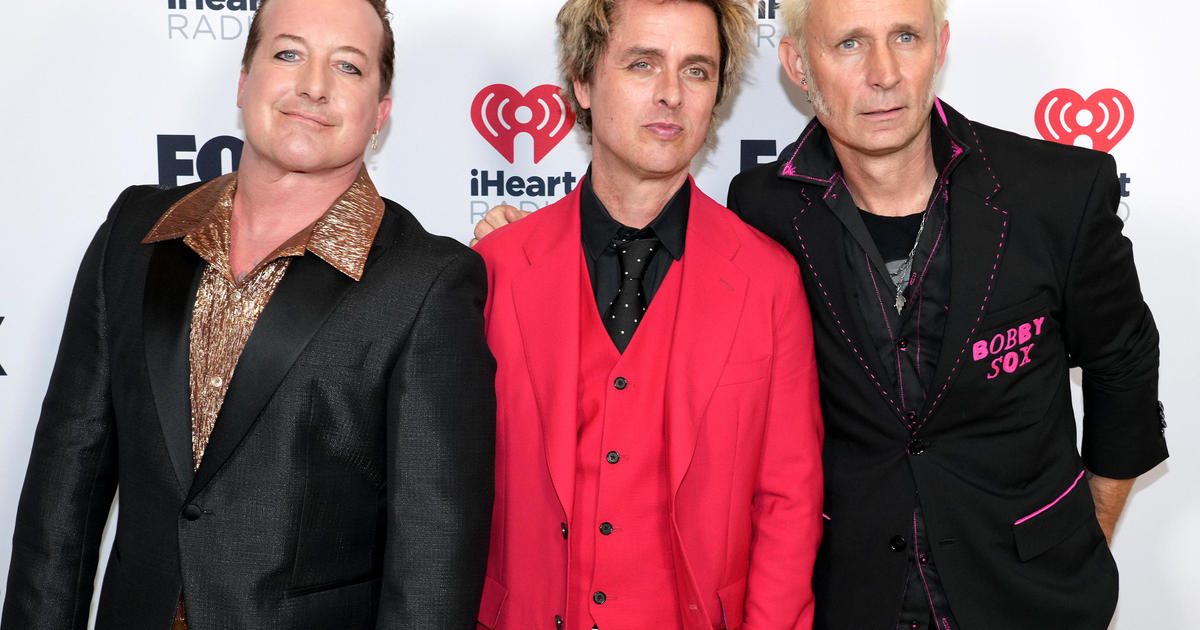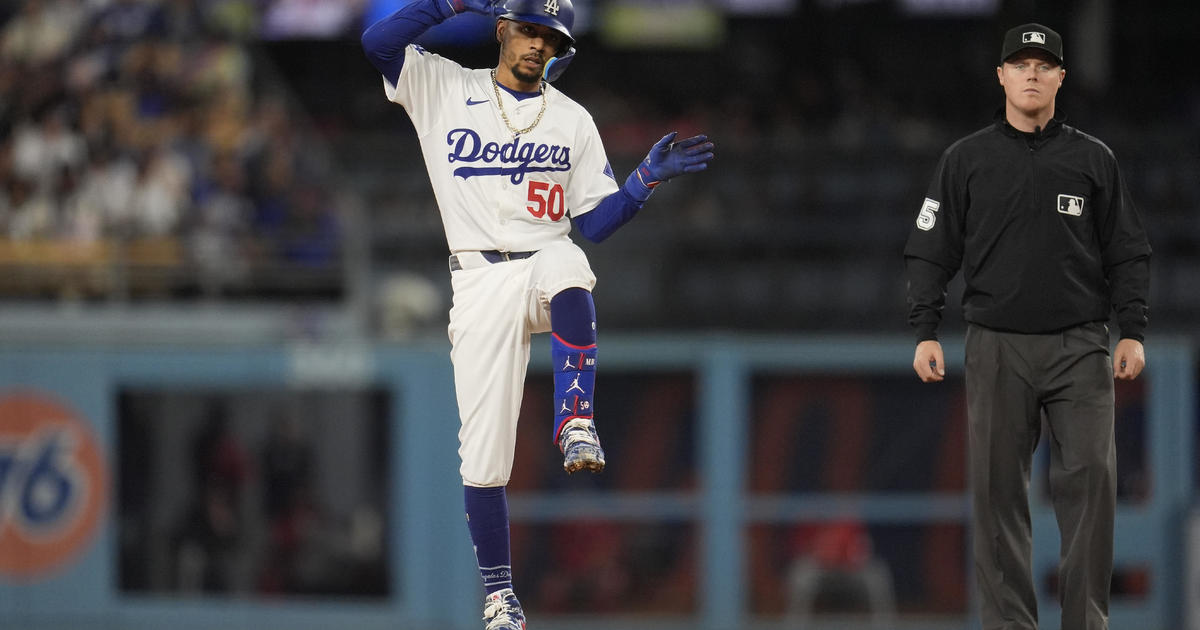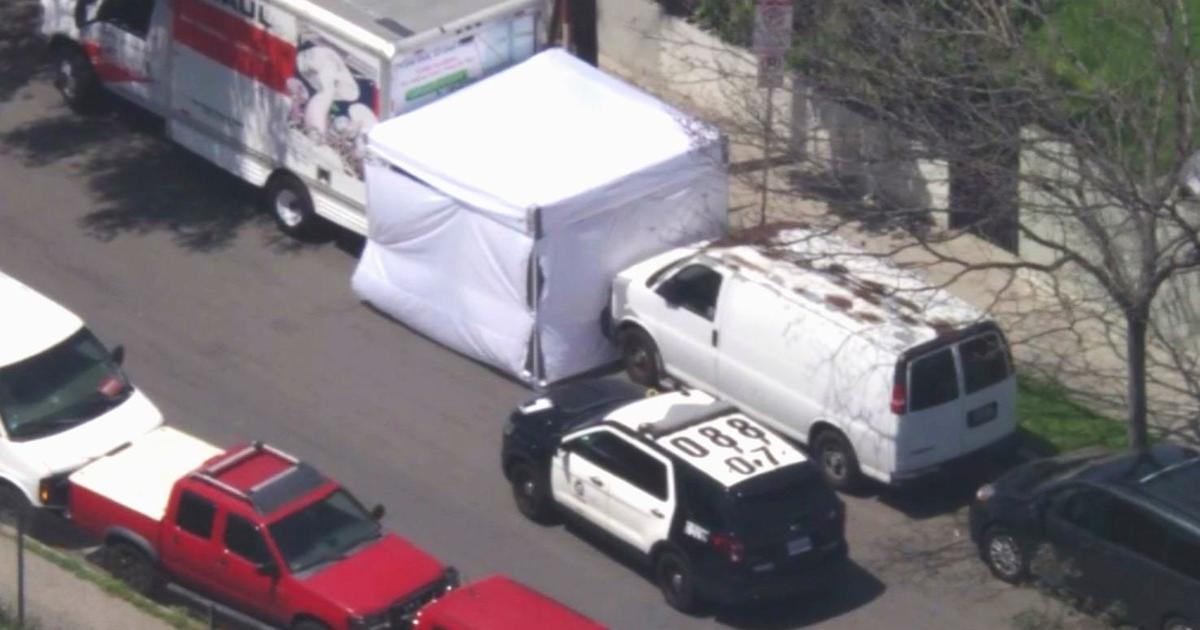California's Top 2 Primary Yields Surprising Races
SACRAMENTO (AP) — The first gubernatorial primary under California's new top-two system has evolved into a typical campaign between Republicans hoping to come in second, pitting a state lawmaker who is a tea party favorite against a socially moderate investment banker making his first run for public office.
Republican Party leaders do not seriously expect to defeat Democratic Gov. Jerry Brown in the fall, yet the GOP governor's contest is the most high-profile race on Tuesday's statewide primary ballot. The decision could determine the future of the party that has struggled to stay relevant in the left-leaning state.
The primary also includes a number of hard-fought congressional and state legislative races in which candidates are vying to challenge incumbents in the fall. All statewide offices are up for grabs, including secretary of state and superintendent of public instruction, which have attracted more attention than other races.
In far Northern California, voters will determine whether two counties will join a movement to secede from California, while voters in a third county, Siskiyou, will decide whether to pursue changing the county's name to "Republic of Jefferson."
The lack of ballot initiatives and an election in a non-presidential race year, combined with Brown being a shoo-in to advance to the general election, have led to predictions of extremely low turnout between 25 and 30 percent of registered voters.
Such a turnout would be a record low for a California gubernatorial primary, said Paul Mitchell, vice president of Political Data Inc., a consulting firm that tracks voter data.
The previous low came in June 2010, when 33.1 percent of registered voters cast ballots. The lowest turnout ever for a June primary was in 2008, when 28.2 percent voted after California moved its presidential primary to March, taking the biggest race off the June ballot.
The two Republicans seeking to challenge Brown in November are engaged in a tight race. And with many ballots being cast by mail at the last minute, the tally for No. 2 could remain up in the air after election night.
State Assemblyman Tim Donnelly has worried GOP leaders with his far-right views and statements linking President Barack Obama to Hitler and opponent Neel Kashkari to Islamic Sharia law.
Kashkari, an Indian American and social moderate, has pitched himself as appealing to the state's rapidly changing demographics, which the GOP needs to attract after decades of sliding registration. Kashkari, however, has been dogged by criticism of his 2008 vote for Obama and his lead role in the U.S. Treasury's bank bailout.
Though Tuesday's ballot has no hot-button initiatives to lure voters, there are some fiercely contested seats for Congress, the state Legislature and statewide offices. Some are expensive intra-party fights in which two members of the same party could advance to November.
The nonpartisan superintendent of public instruction contest has drawn outsized spending in a proxy fight between California's teachers unions and reformers. Incumbent Tom Torlakson faces a fellow Democrat, Marshall Tuck, a former charter school executive backed by reform-minded Democrats and Republicans. Outside groups have spent $4.2 million on the race so far.
It is the only statewide race in which a candidate can win outright by getting more than 50 percent of the vote. In the others, the top two vote-getters move on to the general election, regardless of party affiliation.
In the race to become California's next elections chief, University of Southern California lecturer Dan Schnur, an independent, faces Democratic Sen. Alex Padilla, Democrat Derek Cressman and Republican Pete Peterson.
Two Democrats are running for controller, with former Assembly Speaker John Perez competing against Board of Equalization member Betty Yee and Fresno Mayor Ashley Swearingen, a Republican, to emerge in the top two.
A few seats also are in play in the Legislature. Among the more interesting is one for an eastern San Francisco Bay Area state Senate seat, in which former Assemblywoman Mary Hayashi hopes to return to the Legislature after her conviction for misdemeanor shoplifting in 2011. She faces Assemblyman Bob Wieckowski, a Democrat, and GOP rising star Peter Kuo in a campaign marked by negative advertising.
California's independent redistricting process has yielded at least six competitive congressional districts this year, even though no incumbents are expected to lose their seats in the primary.
Voters will decide just two statewide propositions, both placed on the ballot by lawmakers. One will require local governments to comply with the state's public records law and pay for doing so, while the other is a $600 million bond for veterans housing.
(© Copyright 2014 The Associated Press. All Rights Reserved. This material may not be published, broadcast, rewritten or redistributed.)



